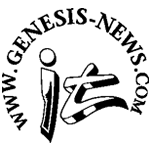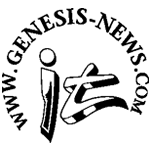At least you missed out "Finnegan's Wake" - a wise move!
"Ulysses" is great. It was also a big inspiration for U2's "Achtung Baby". I really like Portrait of the Artist too...you know, you may have inspired me the re-read Joyce.
Oh, I've read Finnegan's Wake, she said in her best hipster voice. I will be reading it after Ulysses.

